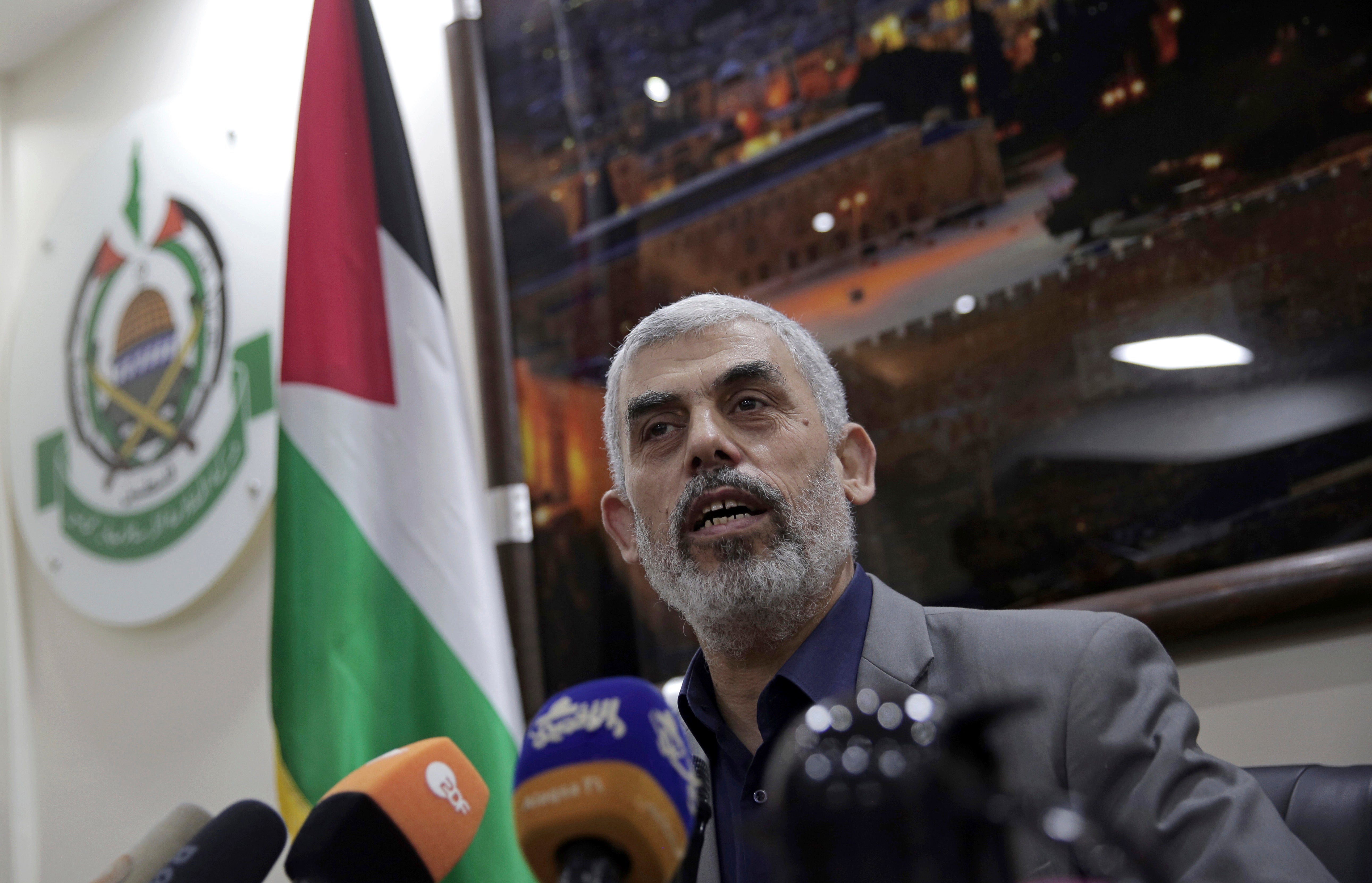What to know about Yahya Sinwar, the Hamas leader who was killed in Gaza
The Hamas leader who was killed by Israeli forces in Gaza, Yahya Sinwar, was the mastermind behind the Oct. 7 attack on Israel that sparked the war

Yahya Sinwar, the Hamas leader who was killed by Israeli forces in the Gaza Strip, was the mastermind behind the Oct. 7 attack on Israel that sparked the war.
He rose to the top position in August after the killing of the previous leader, Ismail Haniyeh, in an explosion in Iran that was blamed on Israel. On Thursday, Israel said troops in Gaza had killed Sinwar. A top Hamas political official confirmed the death Friday.
Some things to know about Sinwar:
From refugee camp to Hamas militant
Sinwar was born in 1962 in a refugee camp in the Gaza town of Khan Younis. He was an early member of Hamas, which was formed in 1987. He eventually led the group's security arm, which worked to purge it of spies for Israel.
Israel arrested him in the late 1980s and he admitted to killing 12 suspected collaborators, a role that earned him the nickname, “The Butcher of Khan Younis.” He was sentenced to four life terms for offenses that included the killing of two Israeli soldiers.
A prison leader while jailed in Israel
Sinwar organized strikes in prison to improve working conditions. He also studied Hebrew and Israeli society.
He survived brain cancer in 2008 after being treated by Israeli doctors.
Sinwar was released from prison in 2011 by Prime Minister Benjamin Netanyahu as part of an exchange for an Israeli soldier captured by Hamas in a cross-border raid.
Rise to Gaza power with a reputation for ruthlessness
When Sinwar returned to Gaza, he quickly rose through Hamas' leadership ranks with a reputation for ruthlessness. He was widely believed to be behind the 2016 killing of another top Hamas commander, Mahmoud Ishtewi, in an internal power struggle.
Sinwar became head of Hamas in Gaza, effectively putting him in control of the territory, and worked with Haniyeh to align the group with Iran and its proxies around the region while also building the group's military capabilities.
The October attack on Israel
Sinwar, along with Mohammed Deif, the head of Hamas' armed wing, is believed to have engineered the Oct. 7, 2023 attack on Israel.
The attack killed about 1,200 Israelis, mostly civilians, and the militants took some 250 people hostage, sparking the war with Hamas. The conflict has killed over 42,000 Palestinians in Gaza, according to local health authorities, who do not distinguish combatants from civilians.
Hamas said it launched the attack in retaliation for Israel's treatment of Palestinians and to push the Palestinian cause back onto the world agenda.
Israel said it killed Deif in an attack in July.
Bookmark popover
Removed from bookmarks